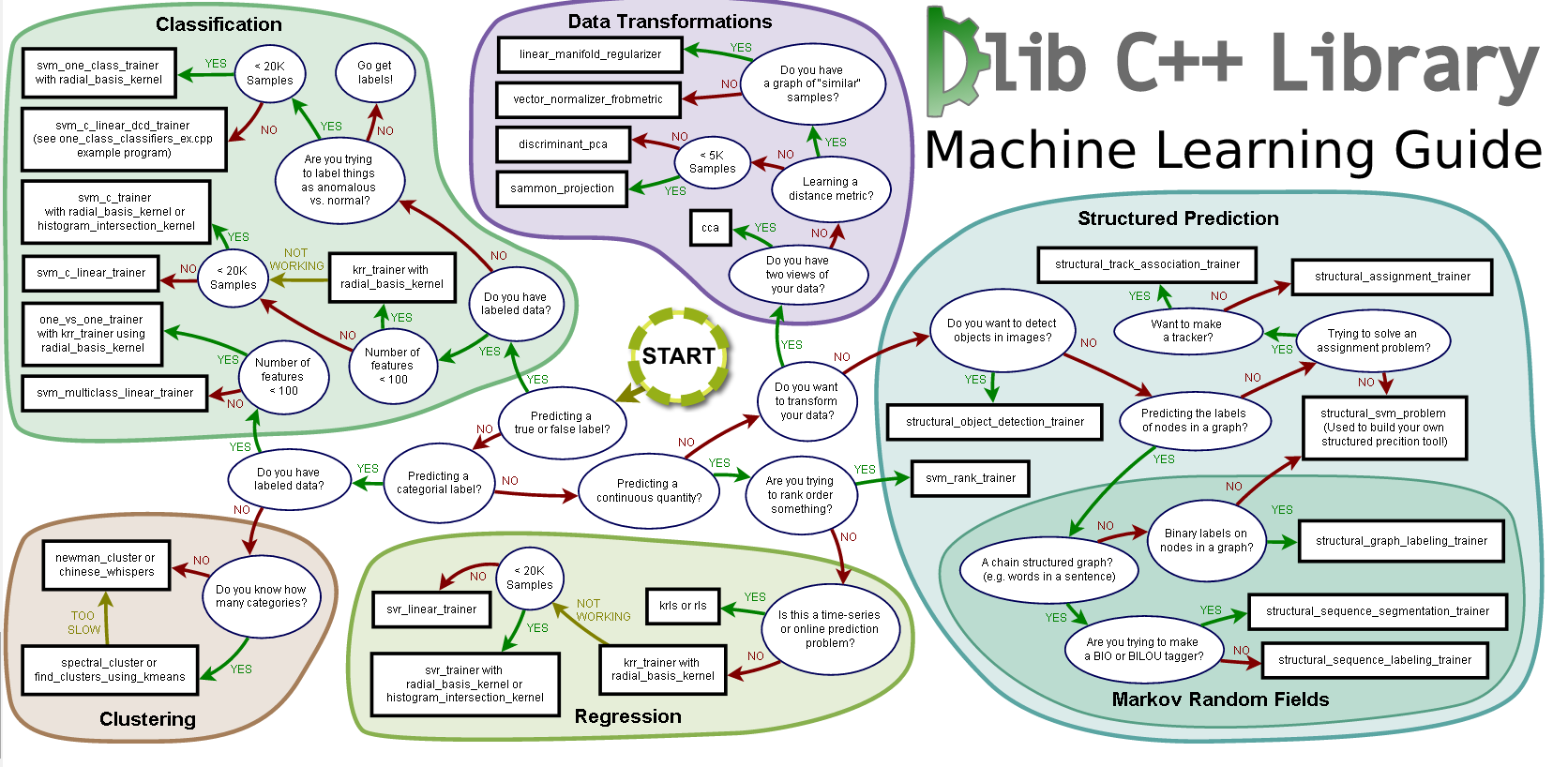I'm an R language programmer. I'm also in the group of people who are considered Data Scientists but who come from academic disciplines other than CS.
This works out well in my role as a Data Scientist, however, by starting my career in R and only having basic knowledge of other scripting/web languages, I've felt somewhat inadequate in 2 key areas:
- Lack of a solid knowledge of programming theory.
- Lack of a competitive level of skill in faster and more widely used languages like
C,C++andJava, which could be utilized to increase the speed of the pipeline and Big Data computations as well as to create DS/data products which can be more readily developed into fast back-end scripts or standalone applications.
The solution is simple of course -- go learn about programming, which is what I've been doing by enrolling in some classes (currently C programming).
However, now that I'm starting to address problems #1 and #2 above, I'm left asking myself "Just how viable are languages like C and C++ for Data Science?".
For instance, I can move data around very quickly and interact with users just fine, but what about advanced regression, Machine Learning, text mining and other more advanced statistical operations?
So. can C do the job -- what tools are available for advanced statistics, ML, AI, and other areas of Data Science? Or must I lose most of the efficiency gained by programming in C by calling on R scripts or other languages?
The best resource I've found thus far in C is a library called Shark, which gives C/C++ the ability to use Support Vector Machines, linear regression (not non-linear and other advanced regression like multinomial probit, etc) and a shortlist of other (great but) statistical functions.

